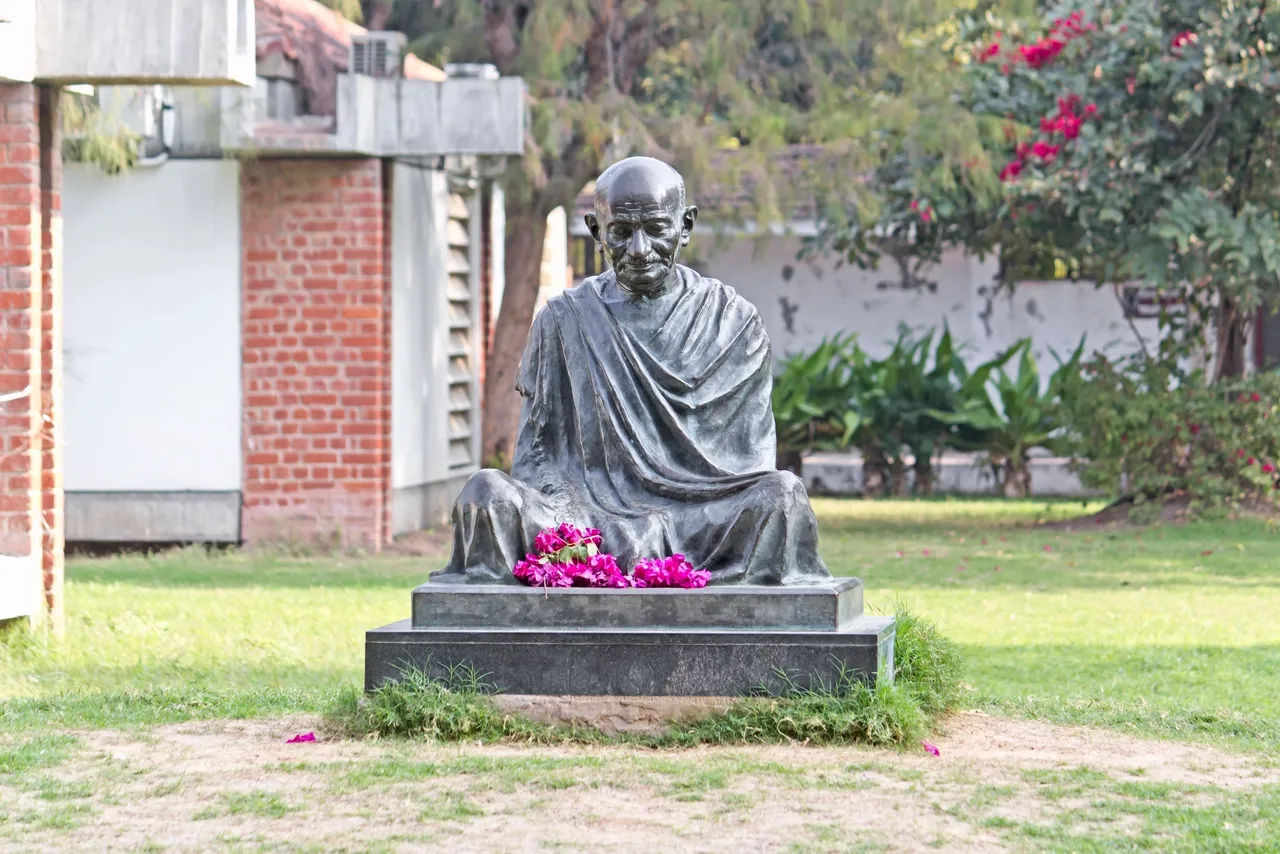
Yoga is a powerful tool for improving physical health, reducing stress, and promoting overall well-being. Many people wonder how often they should practice yoga in order to reap the benefits of this ancient practice. In this article, we'll take a look at the research on yoga frequency and explore the factors that influence how often you should do yoga.
How often should you practice yoga?
The answer to this question depends on a number of factors, including your goals, your schedule, and your current level of fitness. However, there are some general guidelines that can help you determine how often to practice yoga.
For beginners, it's recommended to start with two to three times per week, with sessions lasting between 30 and 60 minutes. As you become more comfortable with the practice, you can gradually increase the frequency and duration of your sessions.
For experienced practitioners, daily practice is often recommended, although the duration of each session may vary depending on your schedule and goals. Some people may choose to do shorter sessions more frequently, while others may prefer longer sessions less often.
The benefits of regular yoga practice
Research has shown that regular yoga practice can have a number of positive effects on physical and mental health. Here are some of the key benefits of regular yoga practice:
How yoga frequency can impact results
The frequency of your yoga practice can have a significant impact on the results you see. For example, a study published in the International Journal of Yoga found that practicing yoga five times per week led to greater improvements in flexibility and balance than practicing only two times per week.
Another study, published in the Journal of Physical Activity and Health, found that women who practiced yoga at least once per week had higher levels of physical activity overall, suggesting that regular yoga practice may encourage individuals to engage in other healthy behaviors.
However, it's important to note that more isn't always better when it comes to yoga practice. Overdoing it can lead to injury, burnout, and other negative effects. It's important to find a balance that works for you, taking into account your goals, your schedule, and your physical abilities.
Factors to consider when determining yoga frequency
When deciding how often to practice yoga, there are several factors to consider. These include:
Tips for maintaining a regular yoga practice
Maintaining a regular yoga practice can be challenging, especially if you have a busy schedule or are new to the practice. Here are some tips to help you stay motivated and consistent with your yoga practice:
In conclusion, there is no one-size-fits-all answer to the question of how often you should practice yoga. The frequency and duration of your practice will depend on a number of factors, including your goals, your schedule, and your physical abilities. However, research has shown that regular yoga practice can have numerous benefits for physical and mental health, and that finding a frequency and duration that works for you can help you achieve your goals and maintain a consistent practice over time. By setting realistic goals, finding a style of yoga you enjoy, making it a habit, and being patient and kind to yourself, you can maintain a regular yoga practice and reap the many benefits of this ancient practice.




